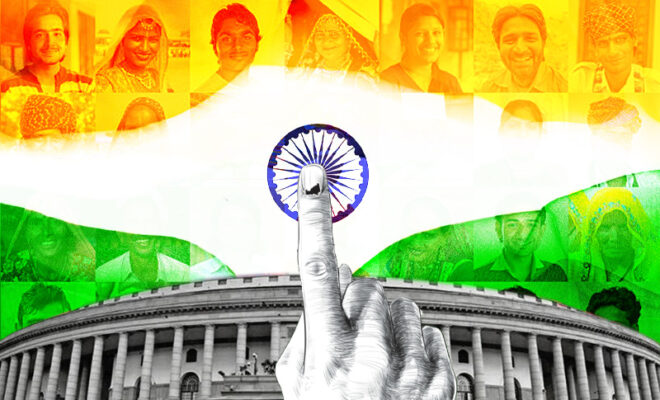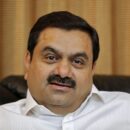India To Initiate Simultaneous ‘One Nation, One Election’

The Indian government has formed a committee to study the proposal of holding simultaneous elections for the Lok Sabha (lower house of Parliament) and state assembly polls.
The committee will be headed by former President Ram Nath Kovind. This move comes after the announcement of a special session of Parliament in September.
The idea of ‘one nation, one election’ has been advocated by the ruling Bharatiya Janata Party (BJP) and Prime Minister Narendra Modi. The BJP had included this proposal in its 2014 election manifesto.
Simultaneous elections were the norm in India until 1967 when they were discontinued due to premature dissolution of some state assemblies.
The Lok Sabha was also dissolved a year ahead of schedule in 1970, leading to mid-term elections in 1971. The BJP has argued that holding elections frequently puts a burden on the nation’s resources and disrupts governance.
The opposition parties have criticized the BJP’s obsession with the idea of ‘one nation, one’ and accused them of undermining Parliament.
The proposal would require a constitutional amendment and the support of two-thirds of the members in both the Lok Sabha and Rajya Sabha.
Currently, assembly elections are scheduled to take place in five states – Madhya Pradesh, Rajasthan, Chhattisgarh, Telangana, and Mizoram – in November-December, while the Lok Sabha elections are expected to be held around May next year.
The committee’s report will likely influence the government’s decision on whether to table a bill on ‘one nation, one election’ during the upcoming Parliament session.
The concept of “One Nation, One Election,” which means holding simultaneous elections for both the central and state governments in India.
Also Read:- Police Arrests SFJ Operative for Pro-Khalistani Graffiti
The main reason behind this idea is to reduce the costs involved in separate elections. The 2019 Lok Sabha elections alone cost a massive Rs 60,000 crore, including expenses by political parties and the Election Commission of India.
Supporters of simultaneous elections believe that it will increase administrative efficiency as normal duties are often affected during polling.
It will also ensure continuity in government policies and programs since the Model Code of Conduct, which restricts the launch of new projects during elections, will not be imposed as frequently.
Additionally, holding simultaneous elections is expected to boost voter turnout as it will be more convenient for people to cast their votes all at once.



